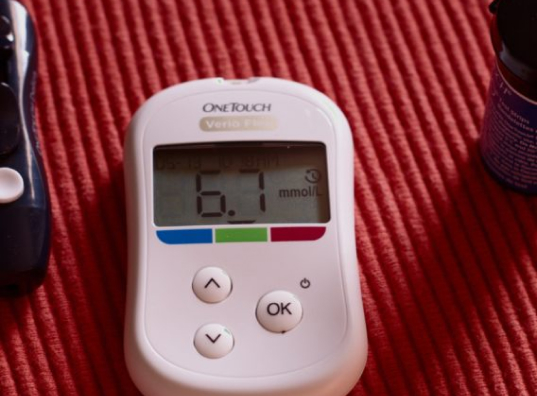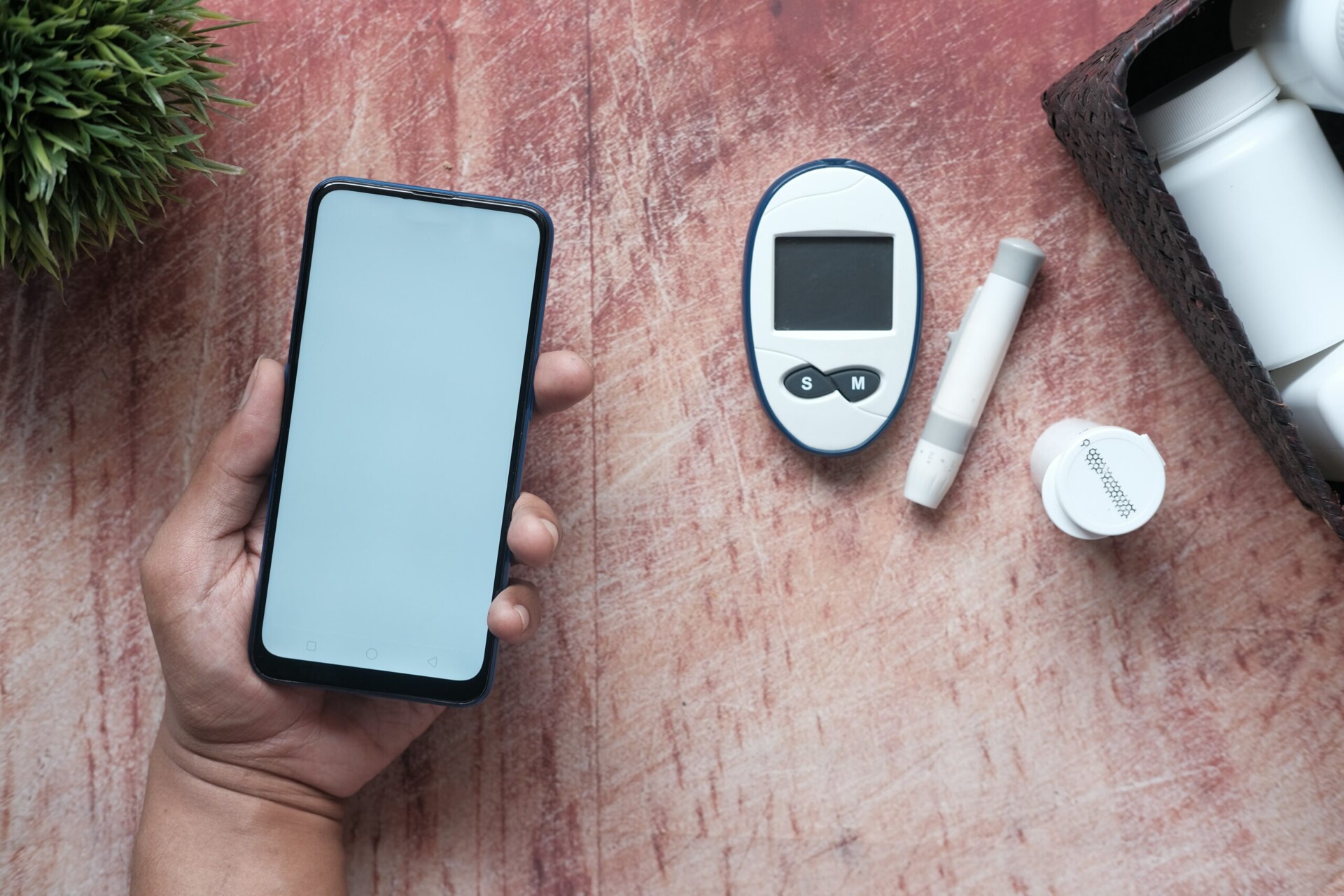What is Diabetes or Pre-diabetes?
When we eat, our bodies break food into sugar to send to the blood for energy and provide nutrients to the body. When we eat foods too high in sugar or that are not right for our systems the body can get too much sugar and when we do not eat in time we can get low blood sugar.
Diabetes occurs when one’s blood sugar levels rise higher than normal. As mentioned, when you eat, your body breaks food down into sugar and sends it into the blood. Insulin helps move the sugar from the blood into your cells. With diabetes, though, your body either does not produce insulin or does not respond to insulin, depending on if you have type I or type II diabetes.

What Is The Difference Between Diabetes Types I & II?
Type I Diabetes
Individuals with type I diabetes do not produce insulin, which is needed to help move sugar from food into your blood and then your cells, to help boost energy and provide nutrients to the organs, muscles, and nervous system. With type I diabetes, the body’s immune system destroys cells that release insulin; this is called insulin resistance.This is often the result of an autoimmune disorder that attacks the pancreas and destroys it’s ability to produce insulin
Type II Diabetes
People with type II diabetes don’t respond to insulin as well as they should. Sometimes the receptors get so overworked with the body”s spikes and crashes that they stop responding. As type II diabetes progresses, an individual’s pancreas will make less and less insulin. This is called insulin deficiency.
What Is The First Sign Of Diabetes?
One of the most common early signs of diabetes is a bad digestive system. This could include an upset stomach which can involve bloating, gas, diarrhea, constipation, and even heartburn.


How To Calculate Blood Sugar
Glucose levels are measured by applying a blood sample (usually a small amount, like a drop) to a test-strip which is inserted into a glucose meter. You will often see an individual with diabetes using an electronic meter before and after they eat to do this. Blood sugar needs to be closely monitored to minimize complications.
To calculate blood sugar, use one of the formulas below:
- Millimoles Per Litre (mmol/L) from Milligrams per deciliter (mg/dL): mmol/l = mg/dl / 18
- Milligrams per deciliter (mg/dL) from Millimoles Per Litre (mmol/L): mg/dl = 18 × mmol/l
What is the Normal Range for Blood Sugar?
Dr. Galyardt likes to see every patient remain between 85-110 mg/dl at all times. This means ideally patients fall within this range while fasting and after they’ve eaten meals. We monitor that with continuous glucose monitoring for each patient.


What is a Dangerous Blood Sugar Level?
If your blood sugar level tops 600 mg/dL, or 33.3 mmol/L, an individual may have diabetic hyperosmolar syndrome. This is a serious condition caused by extremely high blood sugar levels and occurs more often in people with type 2 diabetes. High blood sugar turns your blood thick and syrupy, your body then tries to rid itself of the excess blood sugar by passing it into your urine. If untreated, this can cause severe dehydration which can be fatal.
What is a Good Blood Sugar Level for a Diabetic?
According to the American Diabetes Association, a blood sugar level between 70 to 130 mg/dl before meals, and less than 180 mg/dl one to two hours after a meal, is ideal. Here at F8 we have helped many type 1 Diabetics stay within the ranges of 85-110 and need less insulin because they learned how to manage and eat the foods they need at the right times for their body.
Functional medicine can help keep your blood sugar stable. Some strategies we use include finding what foods work for each individual patient, as well as what times of day to eat and helping discover the best lifestyle strategies are best for you . To learn more about blood sugar, functional medicine, diabetes, and maintaining your overall health, contact F8 Well Centers today.

Find answers to the frustration of blood sugar and diabetes symptoms
